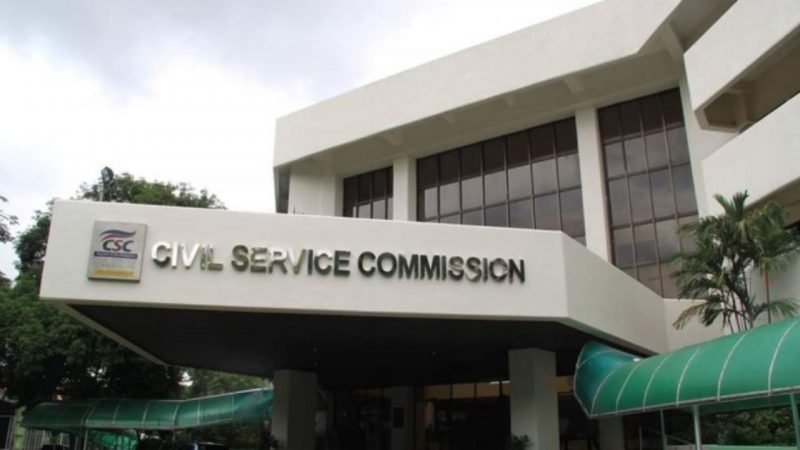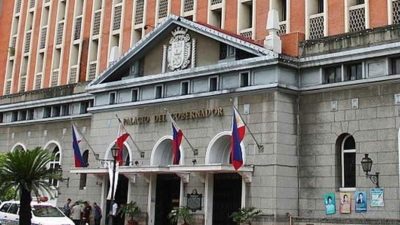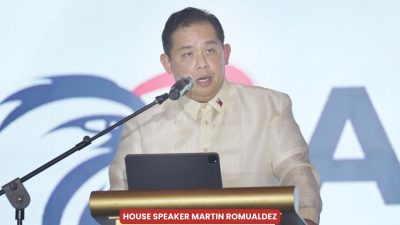MANILA – The Civil Service Commission (CSC) is urging government agencies in Metro Manila to embrace Flexible Working Arrangements (FWAs) in support of ongoing efforts to mitigate traffic congestion.
“With 440,009 or 22.30 percent of career and non-career personnel, the National Capital Region (NCR) hosts the largest number of government workers in the country. The current traffic conditions not only impede their mobility but also affect their productivity, especially for those who commute daily. By adopting FWAs, we can enhance efficiency and prioritize the health, safety, and welfare of our employees,” stated CSC Chairperson Karlo Nograles in a Friday announcement.
Nograles highlighted that the Policies on FWAs in the Government, outlined in CSC Memorandum Circular (MC) 6, s. 2022, aims to establish adaptable and responsive work schemes for civil servants to ensure efficient governmental functions despite disruptive circumstances, such as worsening traffic in the metro.
He emphasized that FWA approval is at the discretion of the agency head, with the condition that stakeholders and clients receive continuous service delivery from 8 a.m. to 5 p.m., including lunch breaks, throughout the workweek.
“We must ensure the uninterrupted provision of efficient, prompt, and dependable public services, even with FWAs,” he added.
Under MC 6, government agencies can choose from six FWAs to provide support mechanisms for officials and employees.
Flexiplace allows officials or employees to work away from their office temporarily, including from home, a satellite office, or another fixed location, under the approval of the office/agency head.
The compressed workweek compresses the standard 40-hour workweek into four days or less, as applicable, while the skeleton workforce ensures minimum staffing in offices when full staffing isn’t feasible.
Work shifting applies to offices/agencies operating 24-hour service delivery or those needing to observe health and safety protocols.
Flexitime permits flexible working hours from 7 a.m. to 7 p.m., provided the required 40-hour workweek is fulfilled.
Agencies can also combine FWAs based on their mandates/functions.
Agencies must develop guidelines for FWA adoption, covering tasks permitted outside the office, health and communication protocols, performance standards, monitoring mechanisms, and support provisions.
(el Amigo/MNM)







